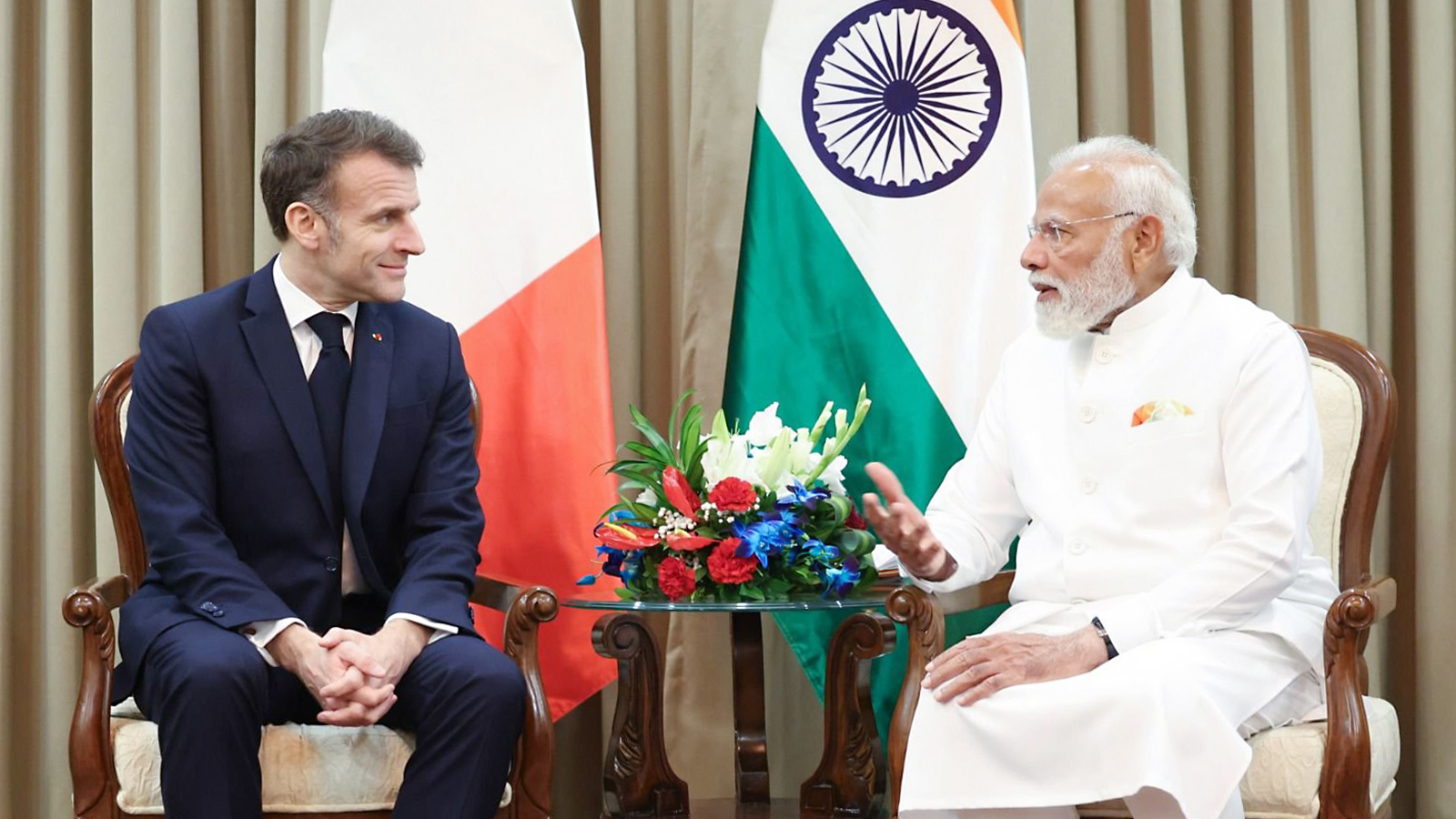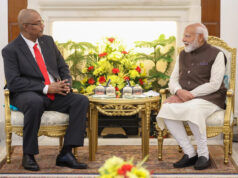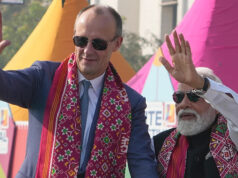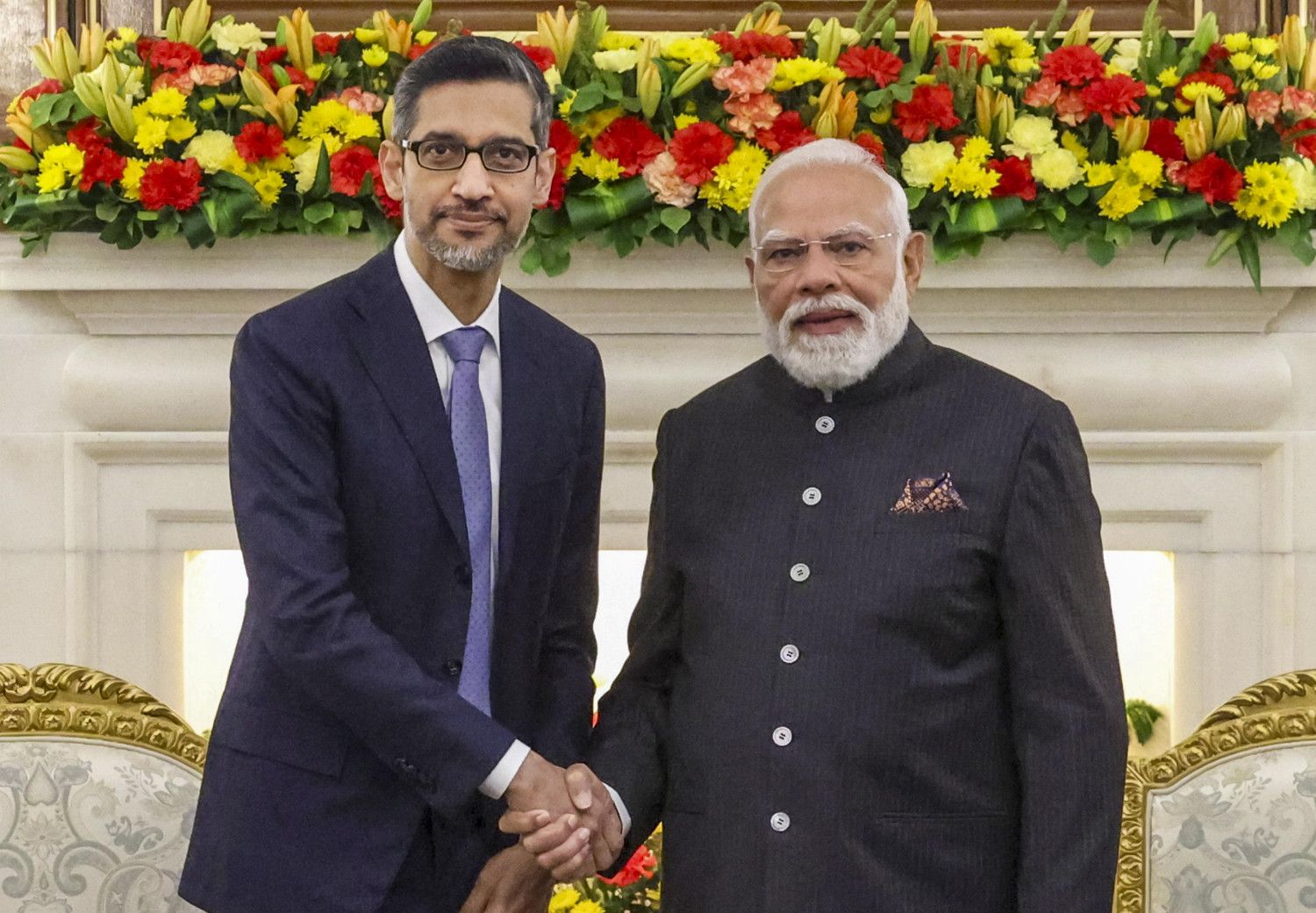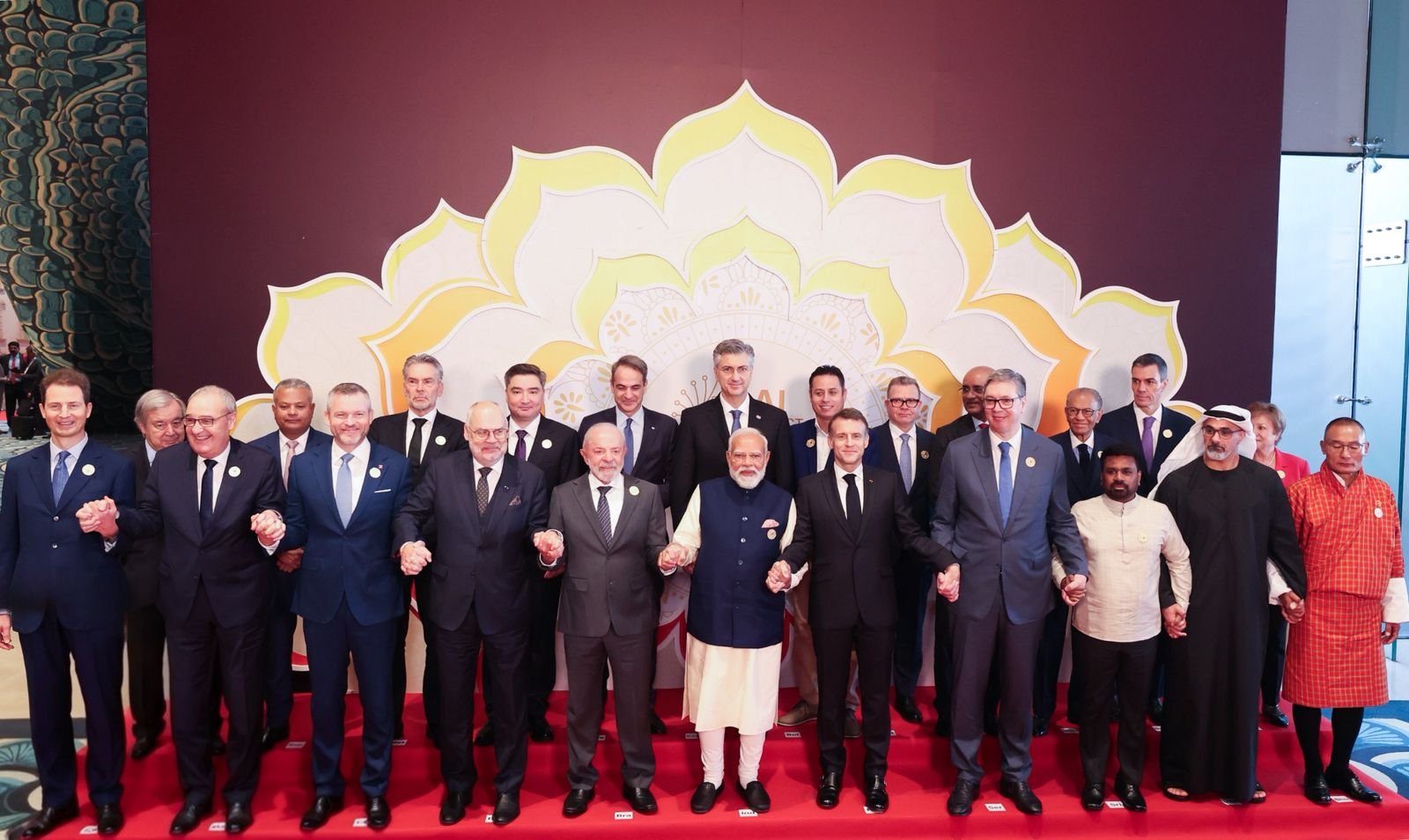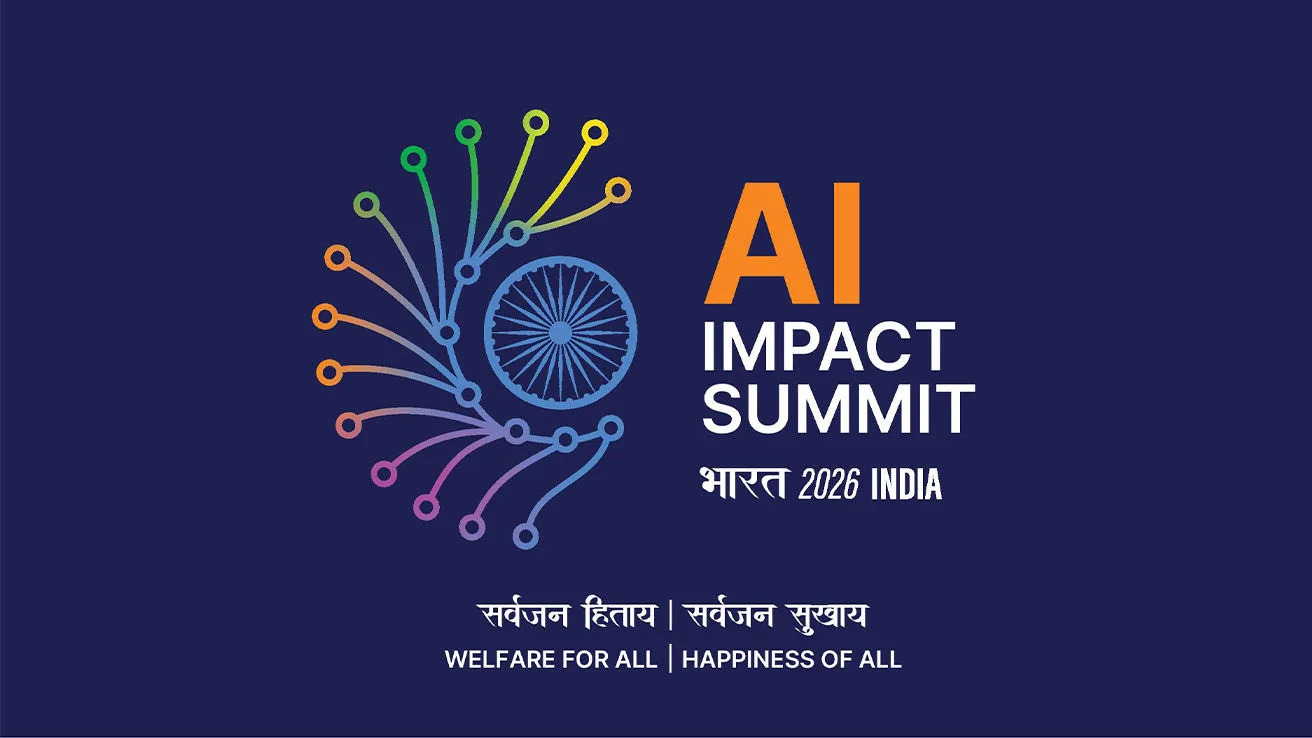Prime Minister Narendra Modi’s visit to China for the Shanghai Cooperation Organisation (SCO) summit in Tianjin this week has drawn international attention, not merely for its ceremonial weight but also for the clear messages conveyed on terrorism, geopolitics, and the recalibration of India’s delicate relationships with Beijing and Moscow. This is PM Modi’s first visit to China in seven years, and the timing could not be more significant. The SCO, often portrayed as a counterweight to Western-led alliances, has become an increasingly influential bloc. With member states accounting for nearly half the world’s population, over a fifth of global oil reserves, and more than 40 per cent of natural gas resources, the platform carries both economic and strategic heft.
In his address to fellow leaders, Mr Modi urged member states to take “firm and decisive” action against terrorism, calling for the eradication of double standards in its treatment. The Indian leader was forthright in demanding accountability for those who “perpetrate and support cross-border terrorism”, a remark widely interpreted as a veiled reference to Pakistan. The Pahalgam terror attack of 22 April, which claimed 26 civilian lives, loomed large over the proceedings. The SCO collectively condemned the atrocity, offering condolences to the families of the victims. Yet PM Modi’s intervention underscored India’s long-standing frustration with what it sees as selective condemnation and political expediency in matters of terrorism.
Xi and Modi: From Confrontation to Cautious Cooperation
Perhaps the most closely watched encounter was Mr Modi’s meeting with Chinese President Xi Jinping. Both leaders struck conciliatory notes, pledging to build “an atmosphere of peace and stability”. Mr Modi revealed that India and China had agreed to revive direct flights, suspended during the pandemic and subsequent hostilities. China, for its part, has recently lifted restrictions on Indian pilgrims visiting Tibetan Buddhist sites, while reciprocal visa curbs have also been eased. President Xi emphasised that China and India should be “partners, not rivals”, urging both sides to take a long-term and strategic view of their relationship. The tone was notably warmer, though neither side has yielded on the underlying border disputes that continue to cast a shadow.
The Russian Connection
PM Modi also met Russian President Vladimir Putin, a discussion that took place against the backdrop of ongoing conflict in Ukraine and rising tensions between Washington and New Delhi over India’s energy imports from Moscow. The two leaders reaffirmed their traditional partnership, with PM Modi highlighting that India and Russia had “stood shoulder to shoulder even in the most difficult situations”. He reiterated India’s support for peace in Ukraine, calling for constructive dialogue to end the conflict.
Their warm interaction capped by an embrace before the SCO family photograph, reinforced the optics of a durable friendship, even as India continues to navigate its delicate balancing act between Moscow, Beijing, and the West.
A Bloc with Growing Weight
Beyond bilateral encounters, the SCO itself is striving to redefine global alignments. Founded in 2001, it has evolved into a major multilateral organisation spanning China, Russia, India, Pakistan, Iran, and several Central Asian republics. With additional observer states and dialogue partners, the bloc represents nearly a quarter of global GDP. China and Russia have increasingly portrayed the SCO as a counterpoint to NATO and Western dominance, positioning it as a forum for “democratic” international relations. This year’s summit, overshadowed by trade wars with the United States and heightened geopolitical rivalry, underscored the bloc’s aspirations to present itself as a cohesive Global South alternative.
India’s Strategic Balancing Act
For India, the Tianjin summit was as much about optics as substance. By engaging positively with both Xi and Putin, PM Modi signalled New Delhi’s intent to safeguard its interests in a multipolar world order without alienating partners in the West. The Ministry of External Affairs described India and China as “development partners and not rivals”, while China’s Foreign Ministry echoed similar sentiments of “good-neighbourly friendship”. The establishment of an Expert Group under the border affairs framework is a cautious step towards incremental resolution, but few expect a swift breakthrough.
The SCO summit in Tianjin has been more than a routine multilateral gathering. It has provided a stage for India to assert its stance on terrorism, rebuild bridges with China, and reaffirm solidarity with Russia. For PM Modi, the visit marks a significant moment in India’s diplomacy, a blend of pragmatism, principle, and political theatre. It however, is that the SCO has become a crucial arena where the future shape of global power relations is being contested and redefined.


